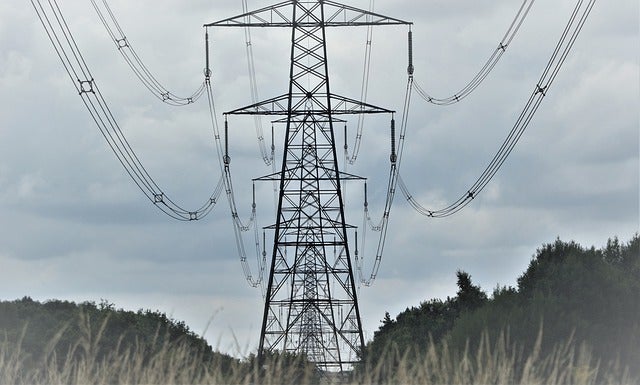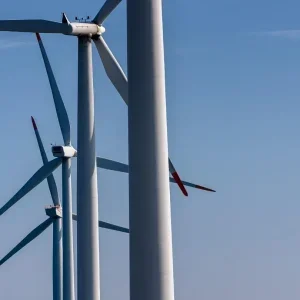
The European Commission has approved €3.2bn ($3.53bn) of state aid from seven European Union countries for battery research and innovation.
The seven countries including Belgium, Finland, France, Germany, Italy, Poland and Sweden will provide the funding for the project, which is expected to unlock additional private investments of €5bn ($5.5bn) in the coming years.
Planned for completion in 2031, the overall project will involve 17 direct participants, mostly industrial actors, including small and medium-sized enterprises (SMEs).
The European Commission Commissioner in charge of competition policy Margrethe Vestager said: “Battery production in Europe is of strategic interest for our economy and society because of its potential in terms of clean mobility and energy, job creation, sustainability and competitiveness.
“The approved aid will ensure that this important project can go ahead without unduly distorting competition.”
Project aims to develop sustainable technologies for lithium-ion batteries
The project involves the development of innovative and sustainable technologies for lithium-ion batteries that are last longer.
The work is expected to result in innovation across the batteries value chain, from mining and processing the raw materials, production of advanced chemical materials, design of battery cells and modules and their integration into smart systems, to recycling and repurposing of used batteries.
Interinstitutional Relations and Foresight vice-president Maroš Šefčovič said: “Our focus on scaling up innovation under the European Battery Alliance is yielding strong industrial partnerships.
“Thanks to intensive efforts by seven Member States, industry and the Commission, Europe’s first major pan-European battery ecosystem is emerging, with lead projects in all segments of this strategic value chain.”
Additionally, the project will focus on improving environmental sustainability in all segments of the battery value chain and reduce the waste along the different production processes.
The companies that will receive the subsidies will mainly focus on areas including raw and advanced materials; cells and modules; battery systems and repurposing; and recycling and refining.






